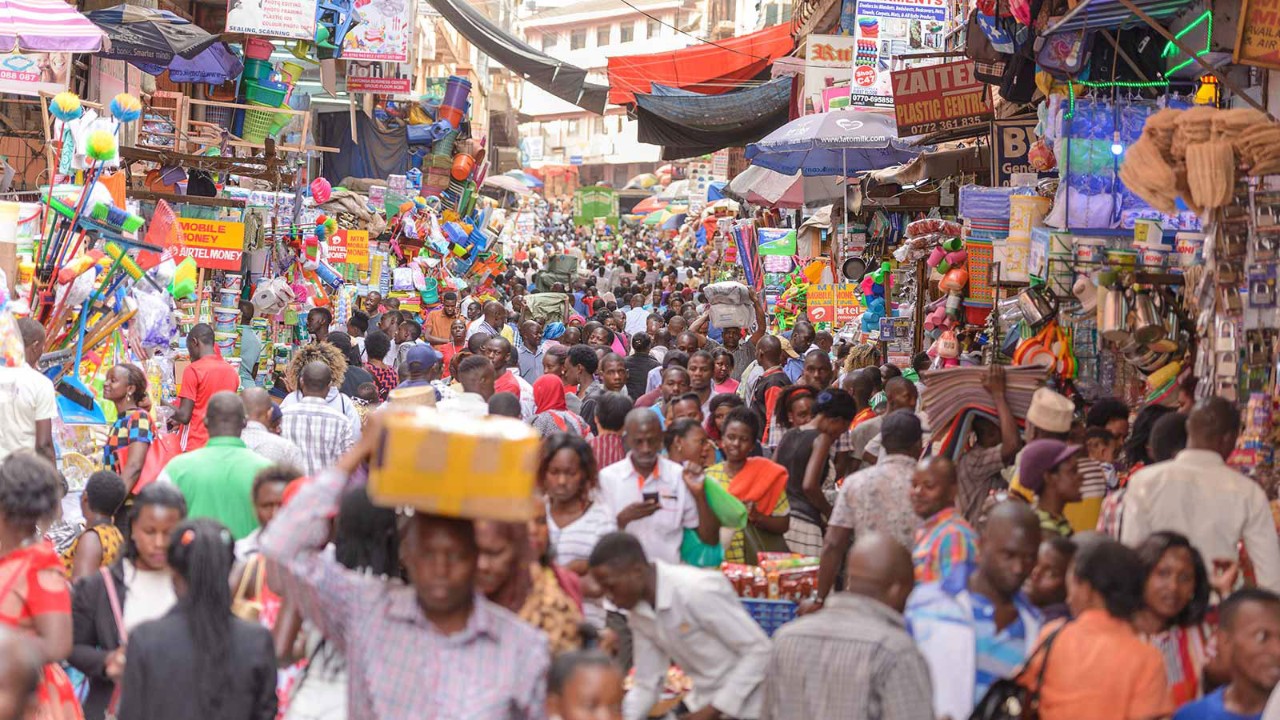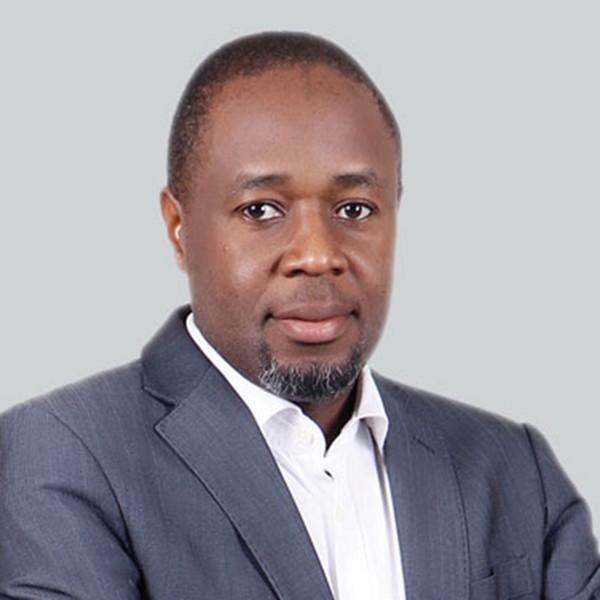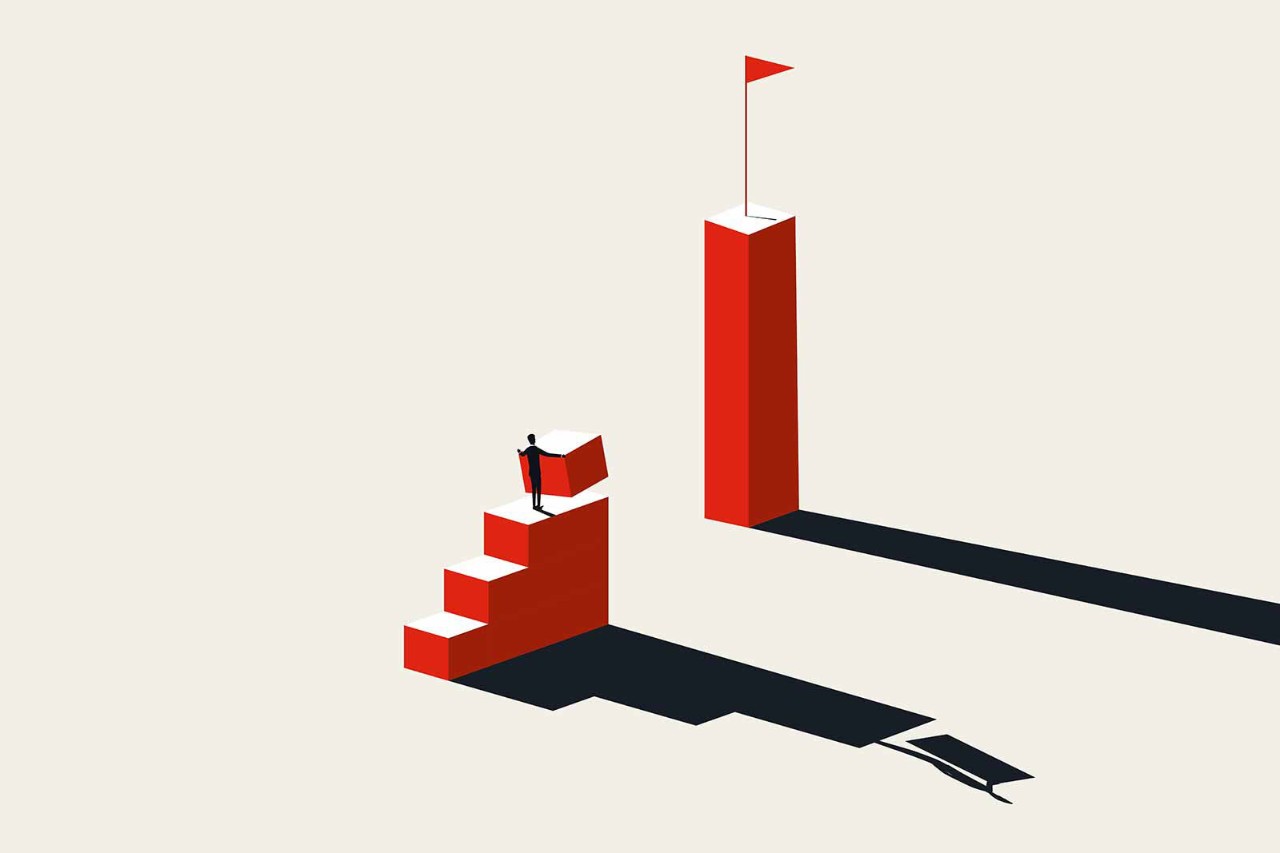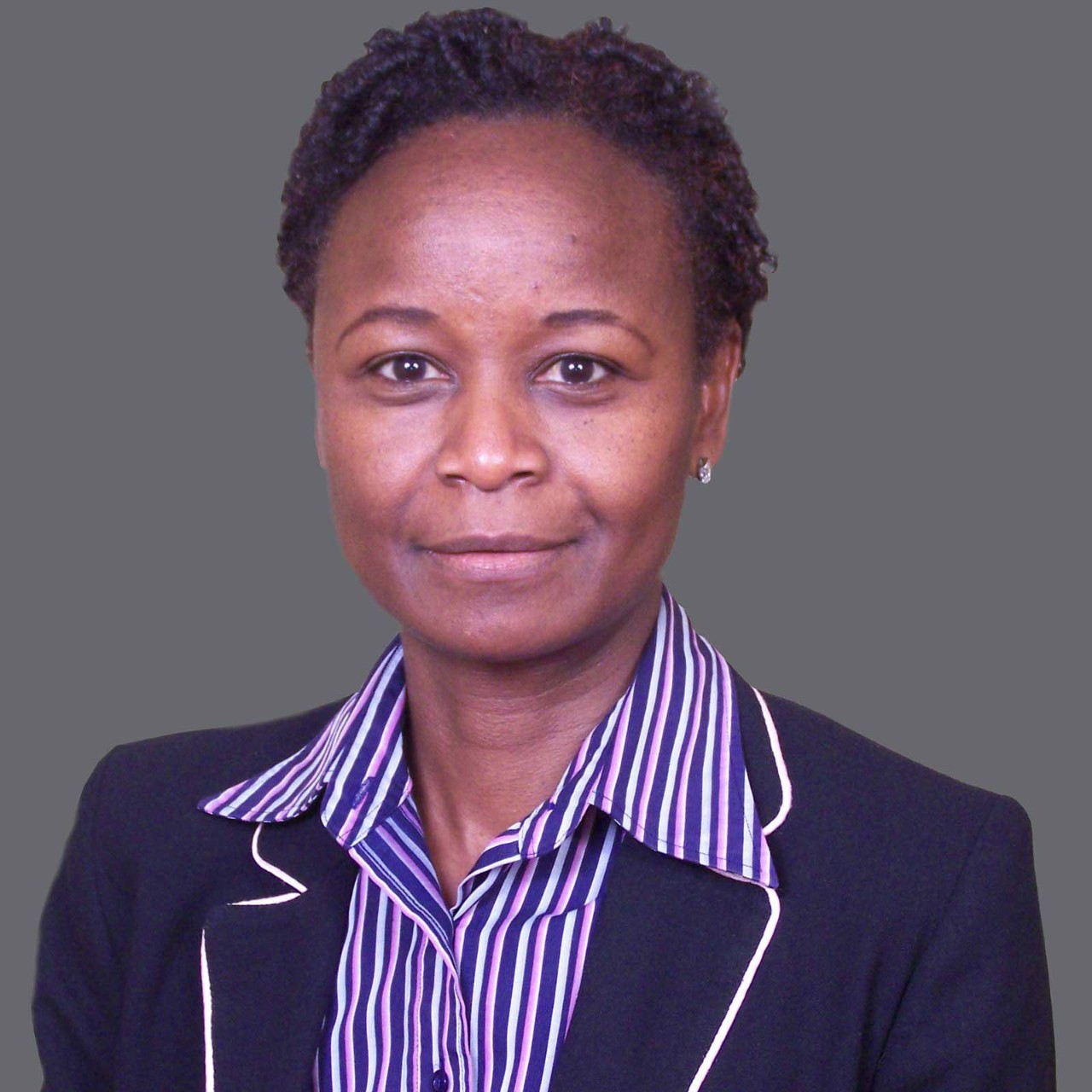
This year, economic forecasts for Africa point to strong economic growth. In its African Economic Outlook 2024, the African Development Bank reports that 11 of the world’s 20 fastest-growing economies this year will be in Africa. In order of forecast growth (from 11.2% to 6%), the 11 are Niger, Senegal, Libya, Rwanda, Côte d’Ivoire, Ethiopia, Benin, Djibouti, Tanzania, Togo and Uganda. The continent’s overall GDP growth is expected to average 3.8% in 2024 and 4.2% in 2025, making it the world’s second-fastest-growing region (just behind Asia).
That said, the report shows striking differences between the outlooks in Africa’s five regions. East Africa is projected to grow the fastest, with real GDP growth rising from an estimated 1.5% in 2023 to 4.9% in 2024 and then 5.7% in 2025. In Central Africa, economic growth is forecast to ease slightly from 4.3% in 2023 to 4.1% in 2024, before heading back up to 4.7% in 2025.
West Africa is projected to grow from 3.6% in 2023 to 4.2% and 4.4% in 2024 and 2025 respectively. Growth of the North African economy is projected to fall from 4.1% in 2023 to 3.6% this year, then rise again to 4.2% in 2025, while Southern Africa can expect a small rise from 1.6% in 2023 to 2.2% and 2.7% in 2024 and 2025 respectively.
When rates of population growth are added to the equation, the lights dim
The population factor
These are significant economic growth rates, but when rates of population growth are added to the equation, the lights dim. East Africa’s population is growing by an average of about 2.6% each year, Central Africa’s by about 3%, and West Africa’s by 2.5%. The North and Southern African populations are growing by 1.6% and 0.9%, respectively – the only two regions of the continent where population growth is tailing off.
The rapid rise in the African population significantly reduces the per capita impact of the economic growth the continent is witnessing. If the economic gap between Africa and the rest of the world is to be bridged, the continent needs to grow by higher rates than is presently the case.
Achieving this necessary growth will require some serious effort, given the significant challenges Africa faces: political instability, high inflation, debt burdens, and domestic and global conflicts. The political instability in some African nations puts a dampener on the growth story, as coups and irregular changes in government continue.
High inflation and debt burdens further strain Africa’s economic prospects
Further challenges
Corruption, and weak institutions and legal systems exacerbate the situation, making it difficult to implement effective policies and attract much needed foreign investment. On top of that, high inflation and debt burdens further strain Africa’s economic prospects. Many countries are experiencing soaring inflation rates that erode purchasing power and exacerbate poverty.
Substantial debt burdens are a particular drag. Many African nations owe such massive amounts that debt service consumes a significant portion of national budgets. This of course limits the resources needed for critical areas such as healthcare, education and infrastructure development.
Domestic and regional conflicts make the situation much worse. Presently, there are deadly conflicts in Ethiopia, Somalia, the Sahel, South Sudan and the Democratic Republic of Congo. These and other problems such as terrorism have presented significant barriers to growth and development.
With its youthful population, Africa can and should grow much faster than it currently is doing. Countries on the continent must continuously review and renew their growth efforts. We must address the fundamental problem of low productivity by reassessing how to make available those factors needed to drive output. We must think ahead about how to provide opportunities for a teeming youthful population. If African countries seek a higher position in the world order they must aim for and achieve higher growth and development.
More information
For more insights into the economic situation in African countries, see Okey’s June column ‘Battling inflation in Africa’



